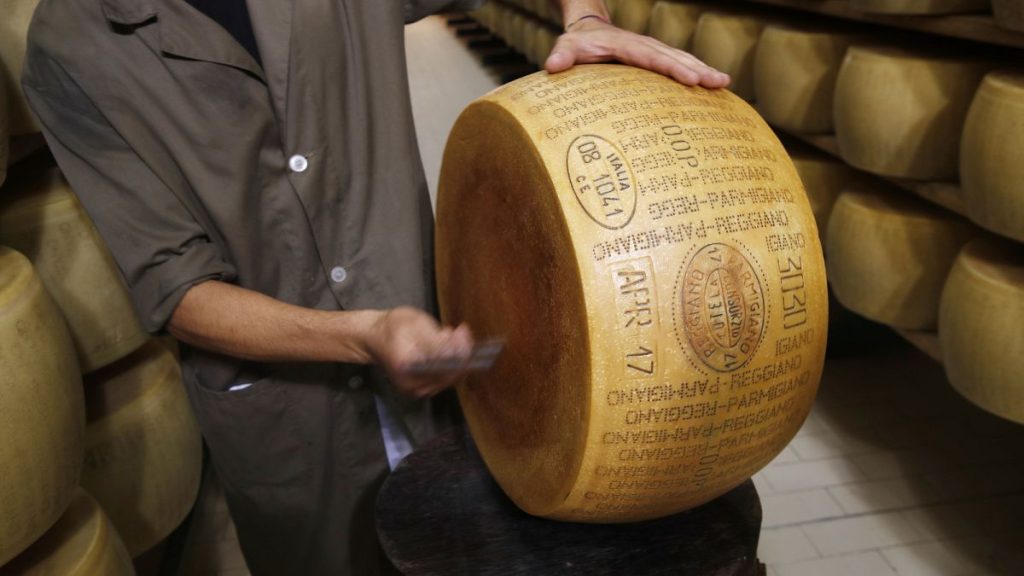China has initiated an anti-subsidy investigation into dairy products imported from the European Union as a response to the EU’s tariffs on imported electric vehicles. The investigation, requested by two state-backed industry groups, will focus on EU subsidies in the production of various dairy products such as cheese, milk, and cream. The probe will target 20 subsidy programs in eight member states under investigation. This move comes after the EU announced tariffs on China-made Battery Electric Vehicles, finding that Beijing was providing generous subsidies across its entire BEV value chain, giving Chinese companies an unfair advantage. Beijing has responded by launching anti-dumping investigations into EU pork, liquor, and chemical products, as well as a probe into the public procurement of medical devices.
The tit-for-tat trade spat between the EU and China is escalating, with both sides engaging in anti-subsidy investigations and imposing tariffs on each other’s products. The EU’s plan to impose tariffs on Chinese Battery Electric Vehicles and Chinese subsidies for wind turbines and solar panels have led to China initiating an anti-subsidy investigation into dairy products imported from the EU. There is concern that these measures could lead to a trade war between the two economic powerhouses. While the EU is set to defend the interests of its dairy industry and the Common Agricultural Policy, China is also taking steps to protect its own industries by investigating EU products and subsidies.
The EU’s High Representative for Foreign Policy, Josep Borrell, has warned against a systematic confrontation with China, emphasizing the need to avoid a permanent rivalry. Borrell acknowledged that the political systems of the EU and China are different but stressed the importance of finding common ground to prevent a trade war. Despite this, Borrell also noted that a trade war between China and other world powers may be inevitable, urging the EU to be prepared to do things its own way. He highlighted the importance of aligning with European interests, particularly in light of potential US trade measures that could impact the European market.
The escalating trade tensions between the EU and China have raised concerns about the potential impact on various industries and markets. Both sides are taking steps to protect their domestic industries through anti-subsidy investigations and the imposition of tariffs. The EU’s decision to target Chinese Battery Electric Vehicles and Chinese subsidies for renewable energy products has triggered a series of retaliatory measures from China, including anti-dumping investigations into EU products. The uncertainty surrounding these trade measures could have far-reaching consequences for businesses and consumers in both regions, prompting calls for a more strategic and cooperative approach to resolving trade disputes.
As the trade dispute between the EU and China intensifies, there are increasing calls for a more collaborative and diplomatic approach to address differences. Josep Borrell’s warning against a systematic confrontation and the possibility of a trade war underscores the need for dialogue and cooperation between the two economic powers. While trade tensions are inevitable due to differing political systems and economic interests, finding common ground and working towards mutually beneficial solutions is essential to prevent further escalation. Both sides must carefully consider the potential impact of their actions on industries, businesses, and consumers, and strive to reach a balance that supports sustainable trade relations and economic growth. By prioritizing communication, engagement, and diplomacy, the EU and China can navigate trade disputes and build a more stable and constructive relationship in the long term.


